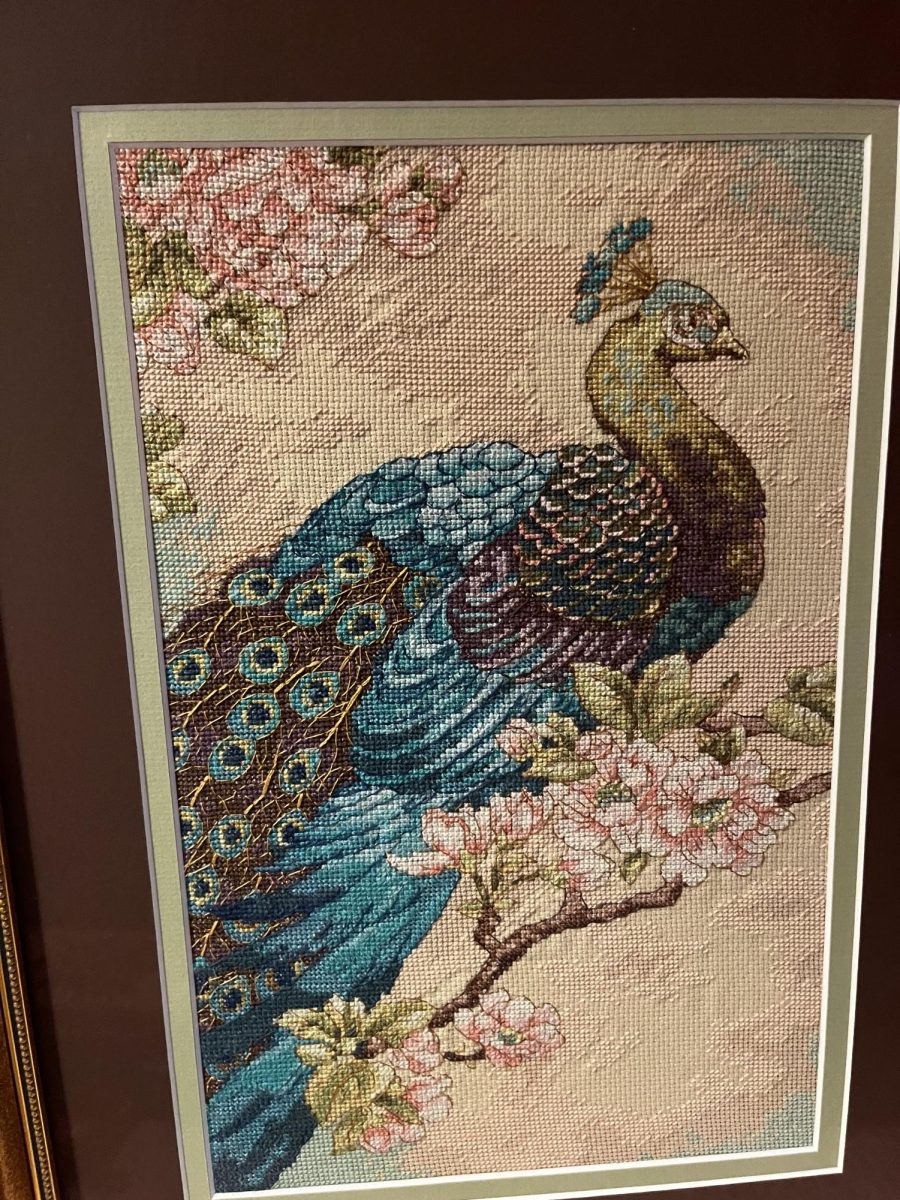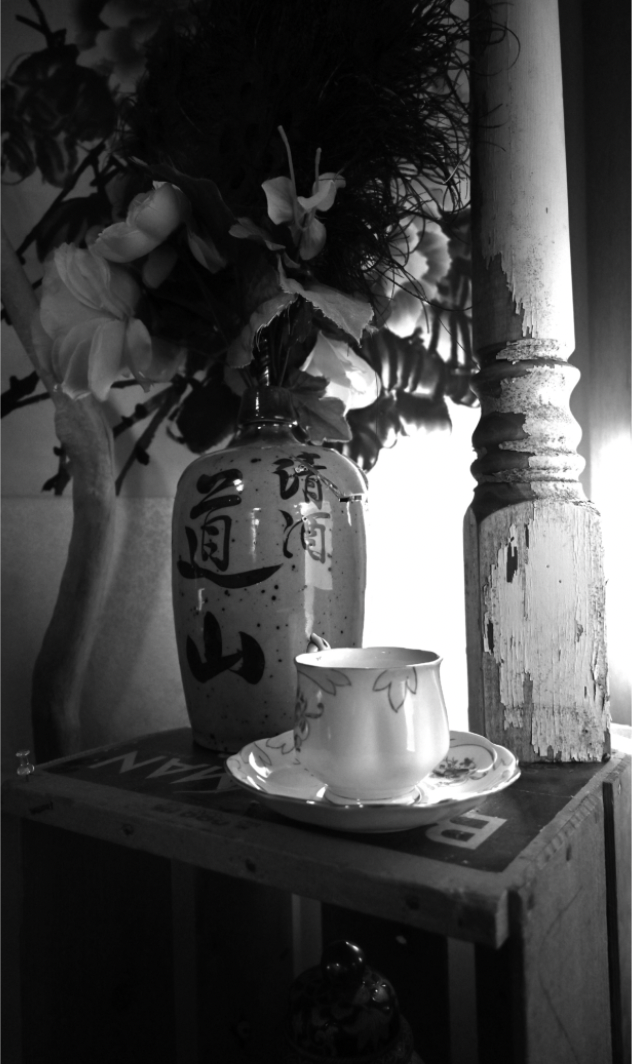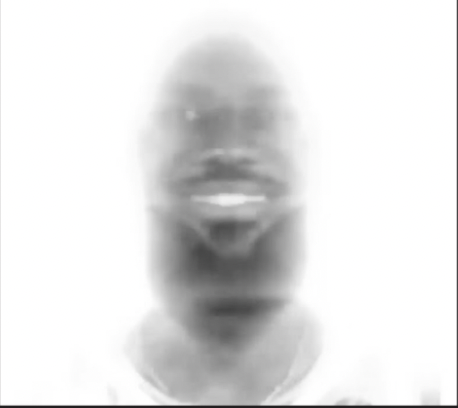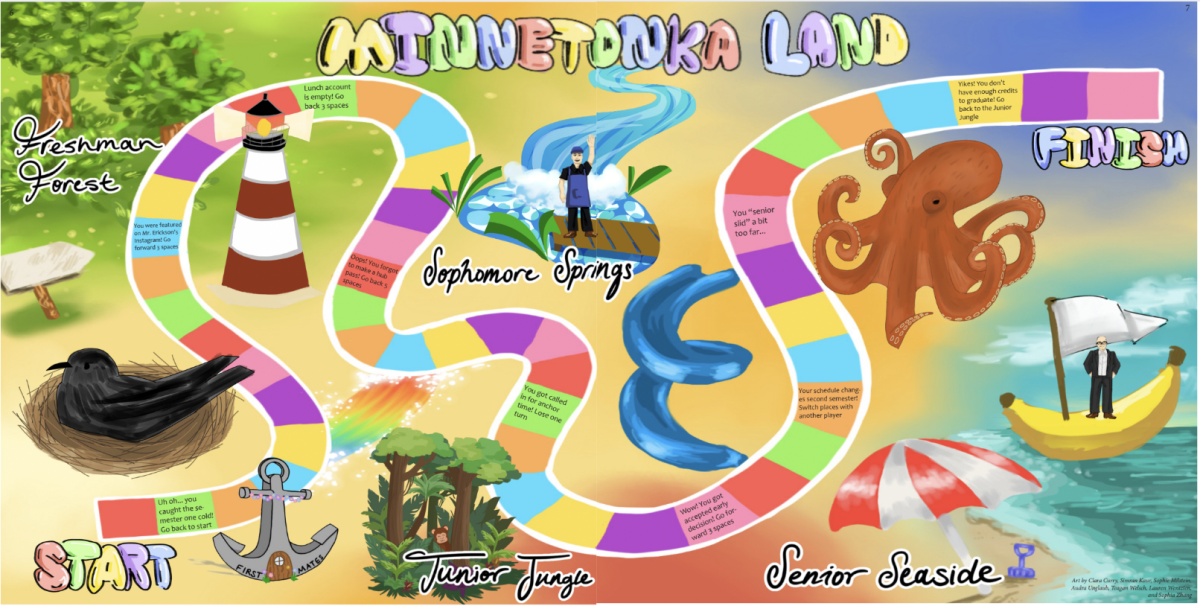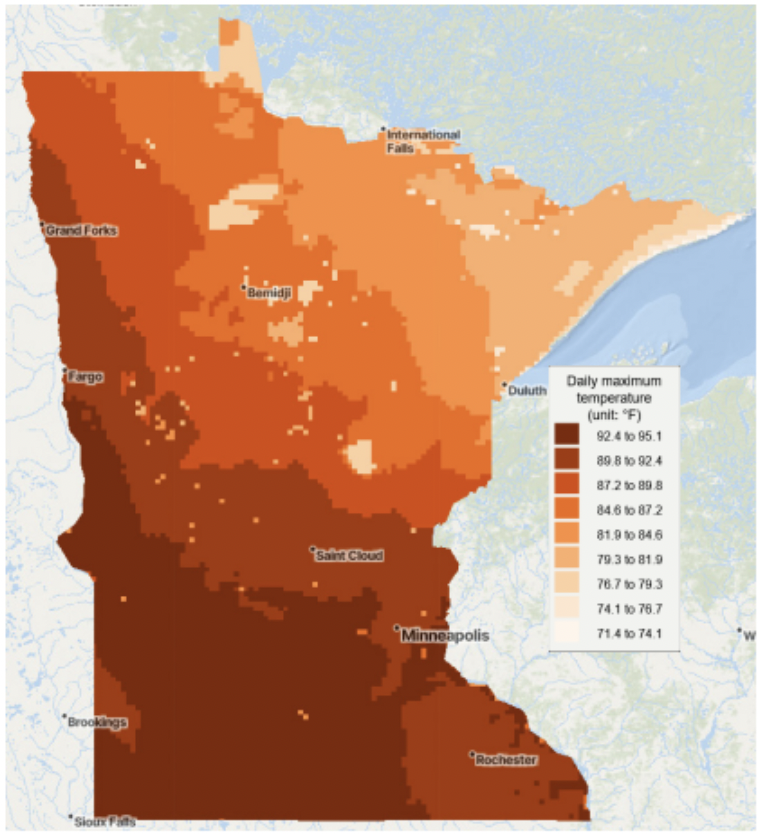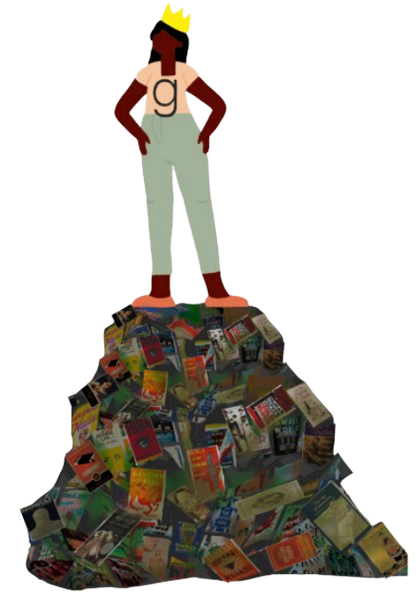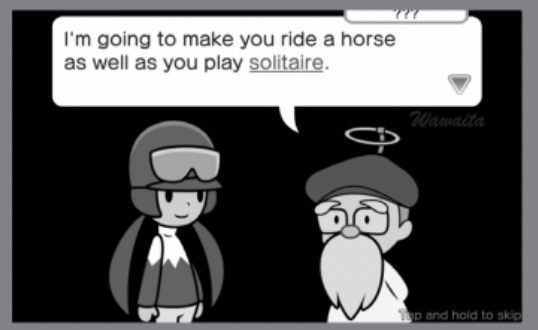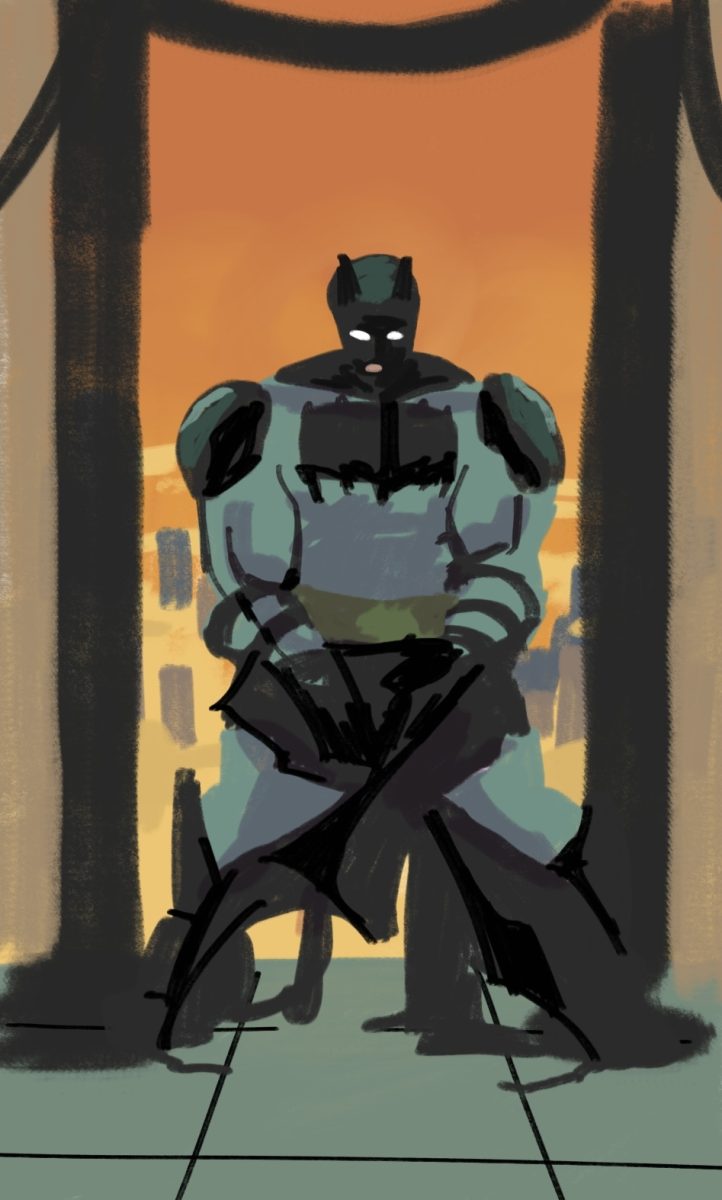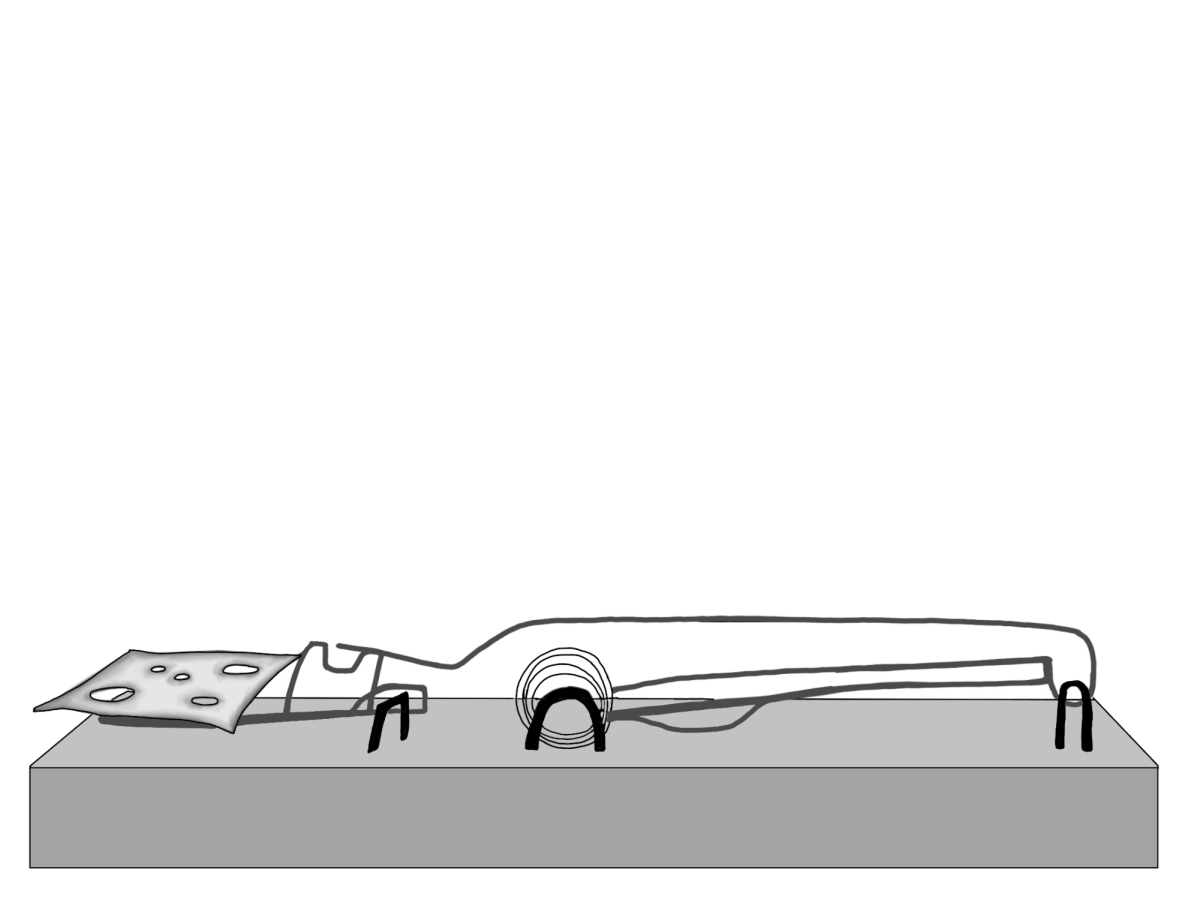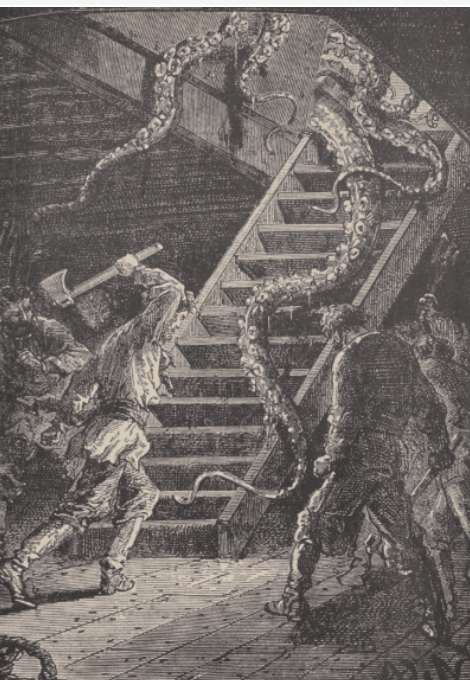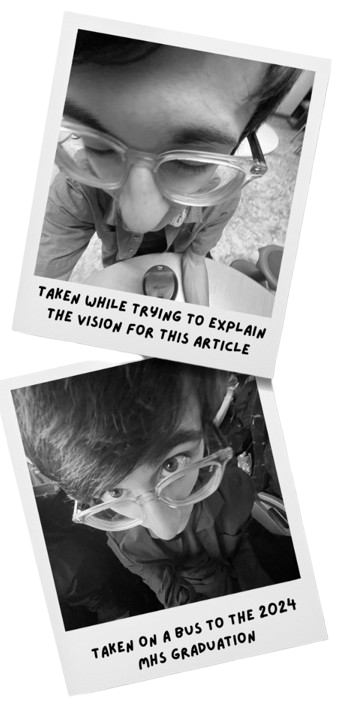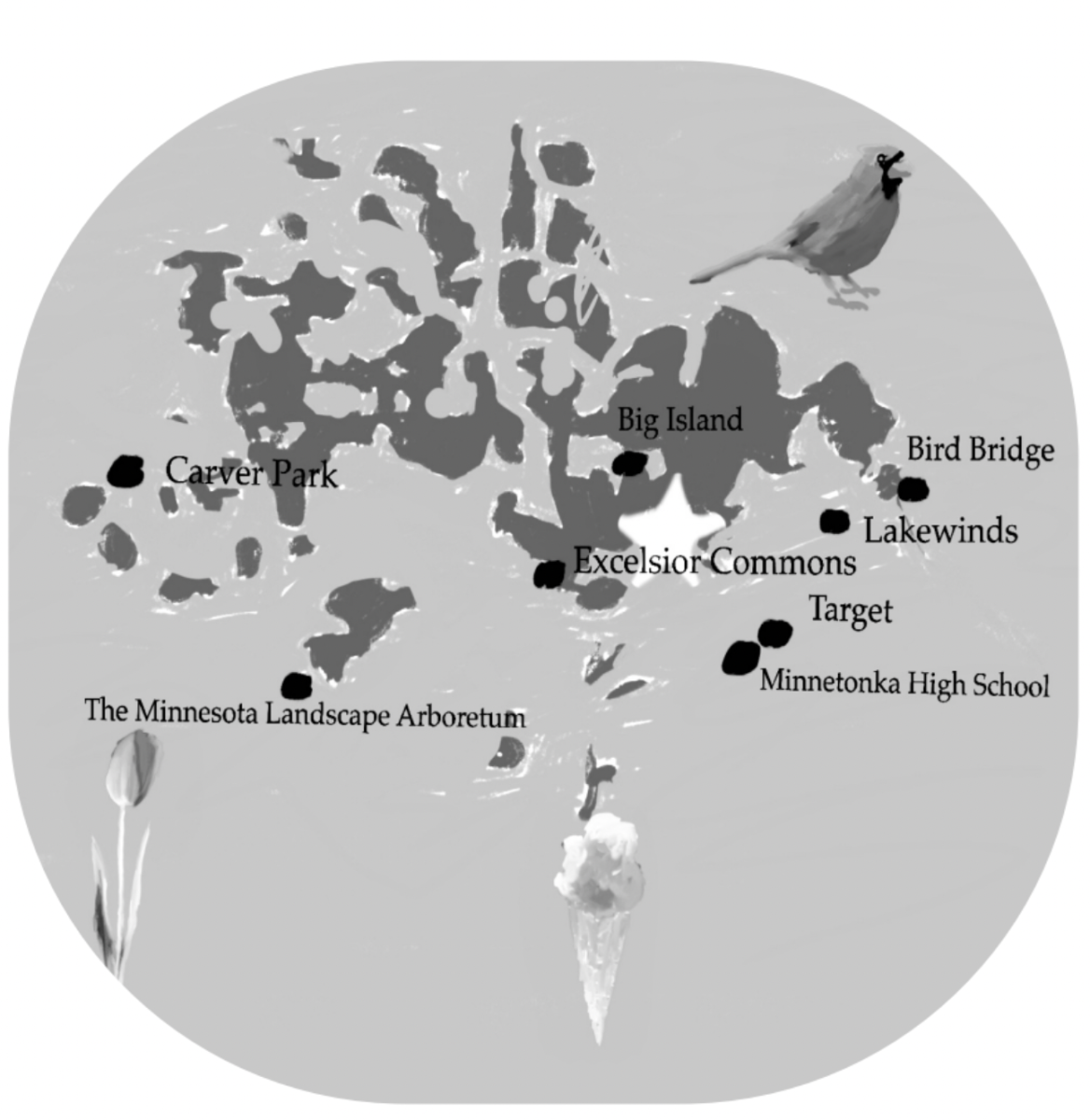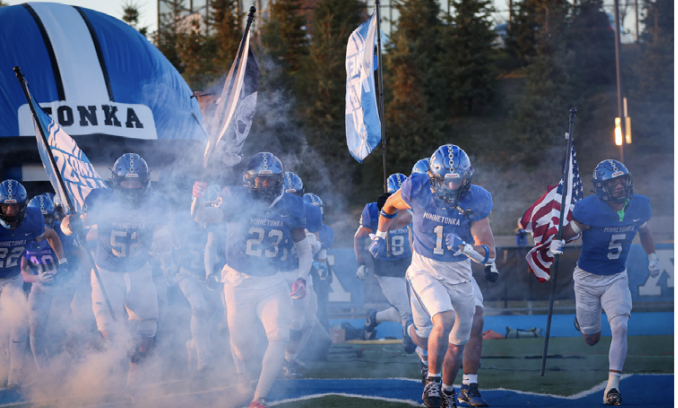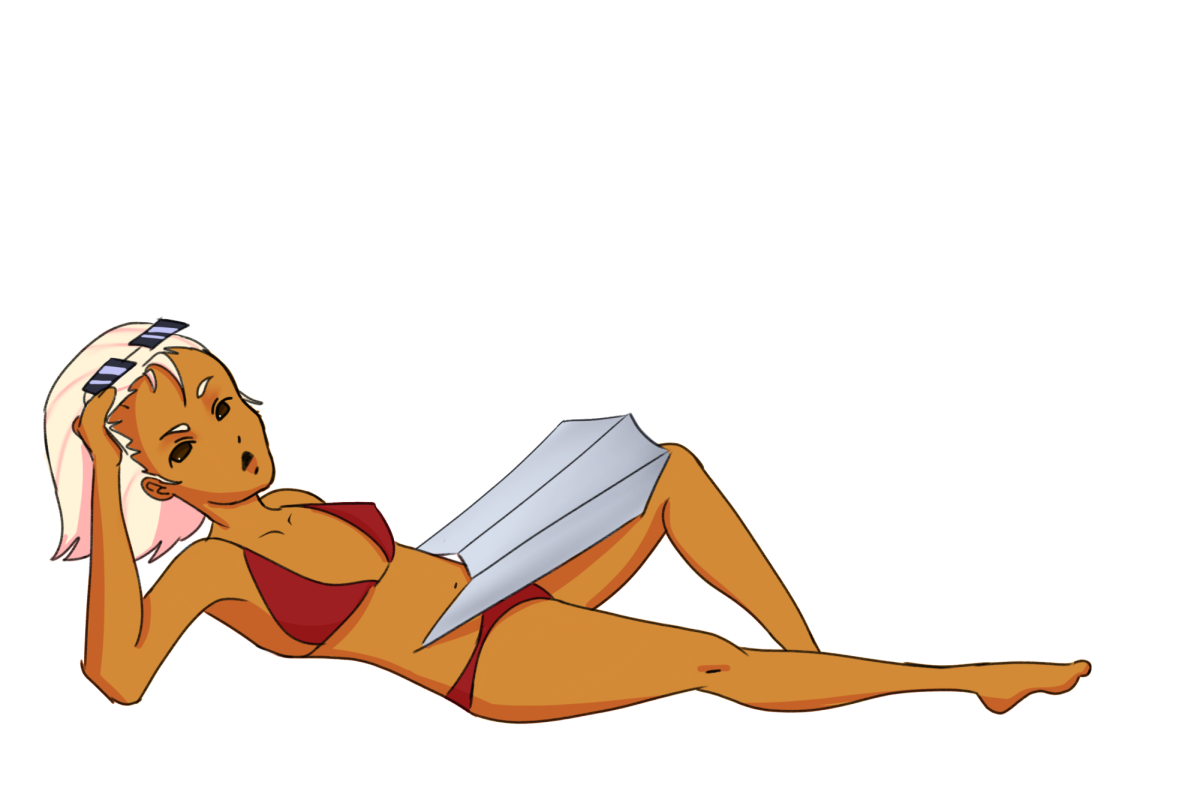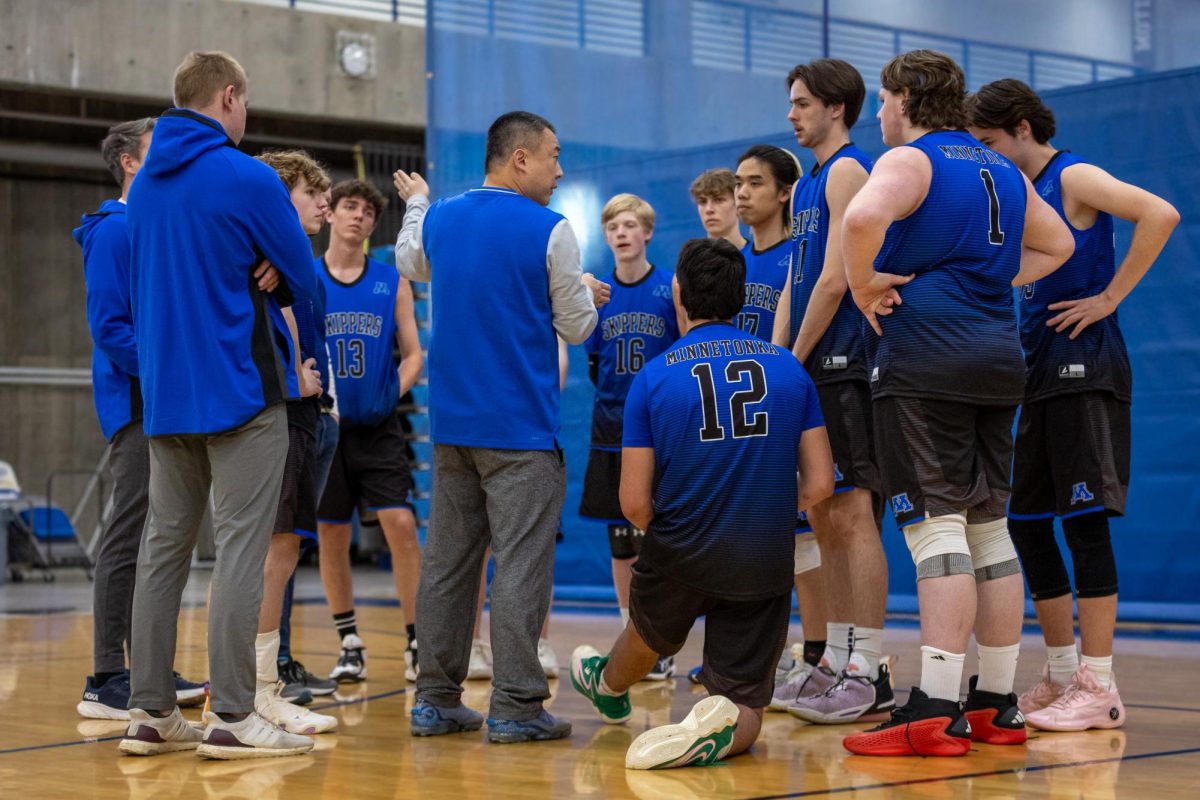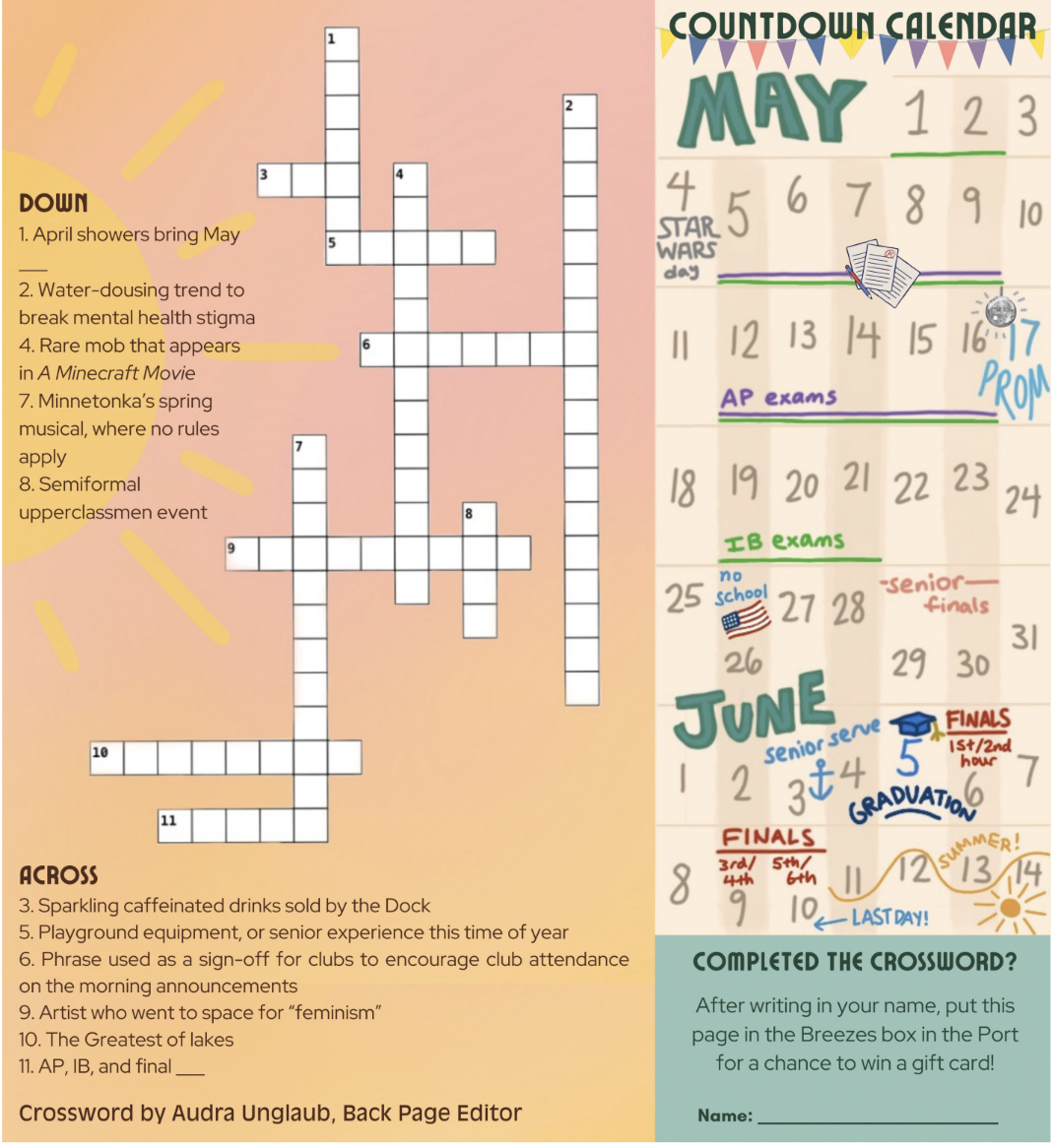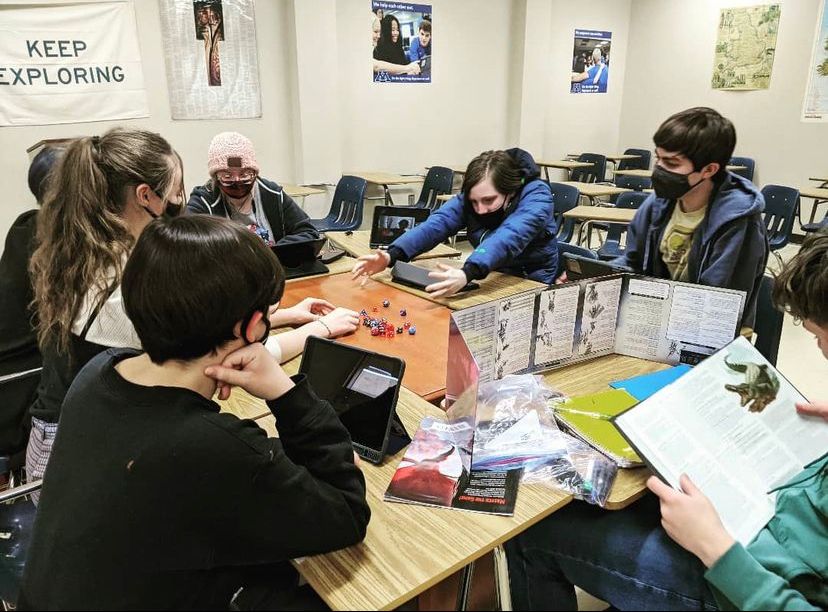The Role Play Group: A Creative New Club
January 10, 2022
Imagine: you are running with the Golden Goose tucked in your satchel as a dangerous Ogre called Tuzog chases you, and all is going according to plan until you discover the bridge you were supposed to cross is completely and utterly destroyed. What do you do? Do you try to jump? Do you try to fight Tuzog? Or something else entirely different?
In Role Playing Games Club, better known as RPG Club, players face similar–or completely different–challenges every week as they work as a team to solve problems. One of their favorite games is Dungeons and Dragons, also known as D&D. D&D is a roleplaying game where players create characters in a magical world and go on imaginary adventures together.
Characters can range from human mages to Half-Elf wizards to Orc rogues and are taken on adventures called campaigns. Players design different characters for different campaigns, customizing personality, skill set and appearance. These are all led by a Game Master. The Game Master narrates and controls characters and other aspects of the game that are outside of the group of players, also known as a party. The campaigns can be anything from a quest for treasure to a campaign to save Pigdug the Orc. The sky is really the limit for the possibilities in this game.
“You get to expand a part of your imagination and creativity,” said Sophia Gilliam, ‘23, the official officer of RPG Club. “You are basically able to do whatever you want and create whatever you want, which is what I think attracts a lot of people to it.”
From 3:00 to 5:30 every Thursday, sixty to seventy students meet in their respective groups to play D&D and other role playing games together. It is a great way for students to have a social and creative outlet, especially towards the end of a busy week for a high school student. It is also a great opportunity to hang out with new and old friends.
“Role playing games are just really creative storytelling with guidelines and some rules,” said the RPG club adviser Brad Burnham. “Seeing the kids laughing and shouting over each other and making each other laugh is just so much fun to watch. There is so much energy and vibrant fun. I don’t see that too much in school.”
Players have to use their imaginations to come up with solutions and different ways to work as a team to solve problems. A lot of problems require solutions that are improvised in the moment. Even if there seems to be one or two solutions, players can come up with something totally different if they want to. It encourages students to build their improvisation skills.
“If you think about it, the game is improvisational storytelling,” said Burnham. “Everybody plays a part and they all tell the story together. If you are somebody who is a wall flower and doesn’t like to talk in class or is a quieter person, you still have to tell part of the story. It really brings kids out of their shells. It’s been super fun to see.”
Many people are familiar with D&D from references in popular TV shows like Stranger Things, Cobra Kai, The Big Bang Theory and many other beloved shows. One of the most well known aspects of the game is its unusual set of seven dice, ranging from a four-sided die to a twenty-sided die. The dice are used to see how well the characters execute the actions the players want to do. Typically, the dice are used for combat, but they can be used for persuasion and sneaking around as well.
There are many aspects outside of the dice in D&D though. Players are able to help shape the world that their characters reside in and influence it. Unlike virtual Choose Your Own Adventure games, the narrator is an actual person that can react to actions outside of the anticipated ones, which makes the game even more engaging for people.
“People like the game for different reasons,” said Tyler Strom, the adviser of RPG Club. “For some people, that combat is the entire reason they are there. They love the free form conflict and stuff like that. There are some people who can play an entire campaign with no fighting at all.”Another good thing about RPG Club, is that anyone can start anytime. It is an incredibly welcoming and fun community.
“The one interesting thing about it is that there is absolutely no barrier of entry,” said Strom. “Any single person could come to either one of us and say ‘I want to join RPG Club’ and it doesn’t matter who they are or what they have going on. They can. If it’s something that they’re interested in trying, it’s not like band or orchestra where you have to be an expert of the trumpet. We have kids who join every year who show up with no experience.”
RPG Club runs from 3:00 to 5:30 on Thursdays all year. Contact Tyler Strom or Brad Burnham for more information. Their contact information can be found on the club activity page or at [email protected] or [email protected]

